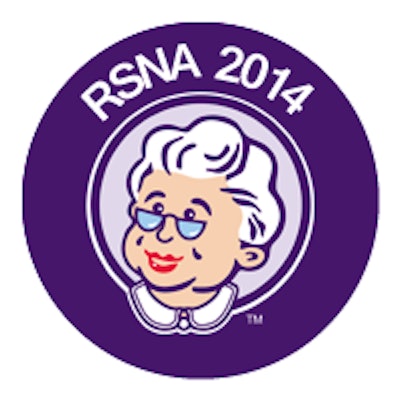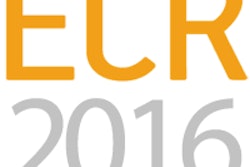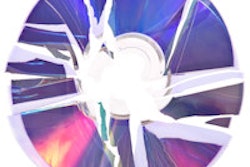
CHICAGO - Patients who responded to a survey appear to like the idea that they and their doctors can directly access medical records and images from the cloud, according to results presented at this week's RSNA 2014 meeting.
In evaluating the RSNA Image Share network, researchers reported that patients using the system found it easier than compiling records and burning them to CDs.
"Easy and timely electronic access to an online, unified source of radiologic exams under a patient's direct control can potentially improve healthcare quality, enhance the patient's engagement in their medical care, and reduce unnecessary imaging utilization and exposure to ionizing radiation," said Giampaolo Greco, PhD, an assistant professor of population health science and policy at Mount Sinai School of Medicine.
For the study, patients undergoing any radiologic exam at four academic centers were eligible to establish online personal health record accounts using the RSNA Image Share network. Patients could then use their accounts to maintain and share their images with selected providers, creating a detailed medical history accessible through any secure Internet connection. Between July 2012 and August 2013, the study enrolled 2,562 patients.
From this group, Greco and colleagues received 448 usable questionnaires, addressing how the patients shared images and how they liked the systems used. About 42% of the patients used the Internet for sharing images with physicians, approximately 15% relied on CDs, 11% used both CDs and the Internet, and 32% relied on a variety of other means to distribute the images.
When the patients were asked to compare sharing via the Internet or CDs, approximately 65% said image sharing was not difficult with the Internet, compared with about 50% who said using CDs was not difficult (p < 0.0001).
Patients saw no particular differences in terms of comfort and privacy issues, the ease with which the doctor could retrieve the images, and the number of times clinical visits were canceled or postponed due to difficulty in accessing the images.
Ninety-six percent of the patients responded positively to having direct access to their medical images, according to the researchers.
"We found almost unanimous agreement from patients on the value of having direct, independent access to their imaging exams," Greco said. "This report shows that an image-sharing solution that is patient-directed and Internet-based is feasible and not only facilitates access, but also, with respect to privacy and security, generates the same level of user satisfaction as that attained through CDs."
Greco pointed out that physicians, however, were not as interested in sharing their thoughts on the program.
"We did not receive enough feedback from doctors to be able to make an analysis," he told AuntMinnie.com.
"I think there will be a mixed reaction among other medical specialties about sharing patient records with their patients," press conference moderator Dr. Debra Copit, associate professor of radiology at Einstein Healthcare Network, said to AuntMinnie.com. "I think many clinicians will appreciate the advantages, and there are others who won't."



















